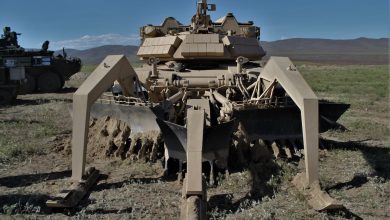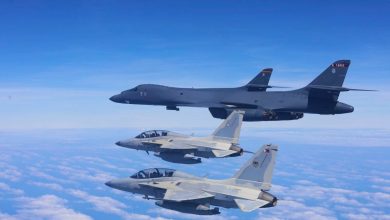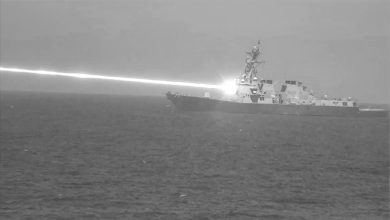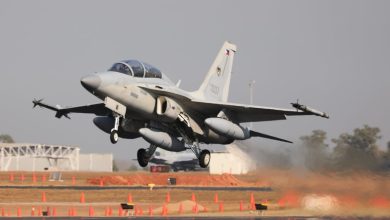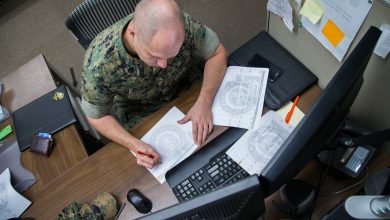Space Operations Command preps for new shared domain awareness tool
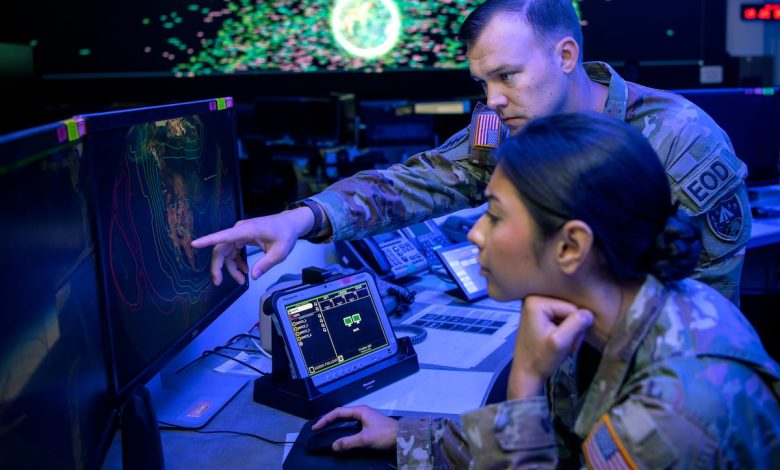
The leader of U.S. Space Operations Command is hopeful the Space Force can meet its goal of delivering a command-and-control platform that allows operators to see a common picture of the domain by the end of next year.
The software for that baseline capability, known as the Advanced Tracking and Launch Analysis System, or ATLAS, is being developed by L3Harris and is in the final stages of testing.
Lt. Gen. David Miller, who leads Space Operations Command, told reporters that while he knows delivering that system is a “big lift,” having a single platform that units can use to train, plan and fight from is at the top of his must-have list.
“That’s where I’d like to be in 2025,” he told reporters earlier this month at the Spacepower Conference in Orlando, Florida. “I want to be done with it, I’ll be honest with you. I’m impatient.”
ATLAS will provide the foundational software for a broader modernization program known as Space Command and Control. Its analysis and data processing capabilities are what will allow the Space Force to decommission its 1970s-era Space Defense Operations Center, known as SPADOC. The system manages the Space Force’s fleet of radars and sensors that track objects in space.
Its replacement will be able to merge data from a range of systems, giving operators a more wholistic understanding of what’s happening in orbit.
The operational transition between the two systems was supposed to happen in 2022 but has been delayed largely do to software integration challenges between L3Harris and Space Systems Command, which is serving as the prime integrator for the program.
Charles Clarkson, vice president and general manager of the space superiority and imaging division at L3Harris, told Defense News the government-industry team has “found a cadence” over the last 18 months. As of November, L3Harris has delivered 95% of the software needed for ATLAS and expects to finish the rest in the first quarter of next year.
“Right now, we’re focused on finalizing the software, and then increasingly, as we get closer to this being real, we’re getting more and more involvement from the ops community,” he said in an interview. “Then we get that increased scrutiny, which we certainly welcome, so that we can kind of find bugs early and address them. And that’s all going well.”
Once testing is done and the ATLAS minimum viable product is delivered, the program will go through a trial operations phase, which should wrap up next year.
Clarkson said that with testing mostly complete and operators starting to get their hands on the system, the remaining transition risks are less technical and more about helping users shift to a new platform.
“It’s getting people familiar with it, trained on it,” he said. “They’re going to do their job differently than they did before. And so, one of the big focuses that we have over the next two quarters is the training piece.”
Meanwhile, Miller said his team at Space Operations Command has been working to ensure that when ATLAS is ready, they have a set of space domain awareness applications ready to integrate into the platform. Partnering with the intelligence community, commercial firms and other offices within the Space Force, the command is experimenting with potential tools derived from existing software.
He wouldn’t share details about the applications, but said he expects to be able to field a few of them in the coming year.
“What I’ll say is, I’m interested in maintaining awareness of anything that is on orbit that’s a risk to operations, safety, operations proximity or allows you to track potential threats,” Miller said.
Courtney Albon is C4ISRNET’s space and emerging technology reporter. She has covered the U.S. military since 2012, with a focus on the Air Force and Space Force. She has reported on some of the Defense Department’s most significant acquisition, budget and policy challenges.
Read the full article here

